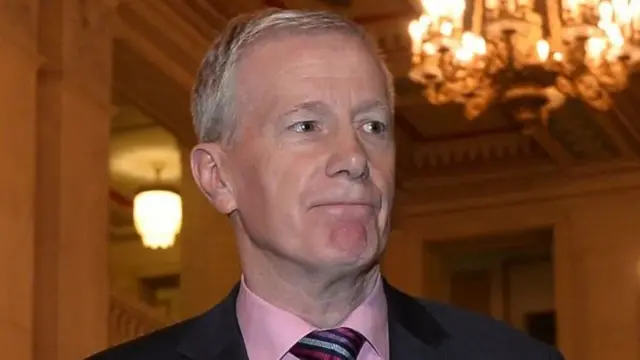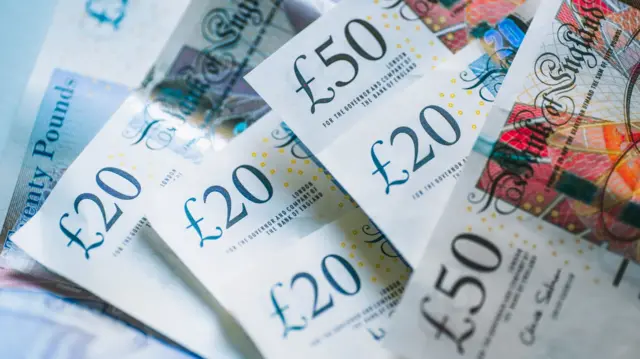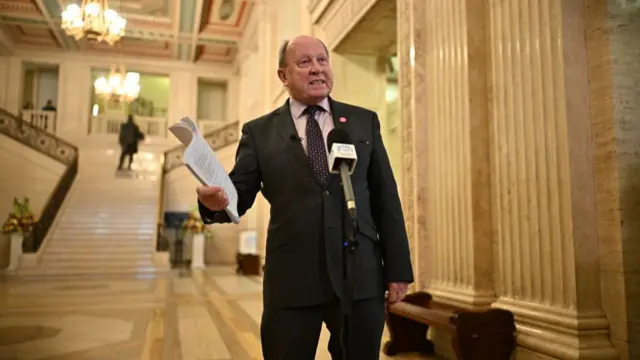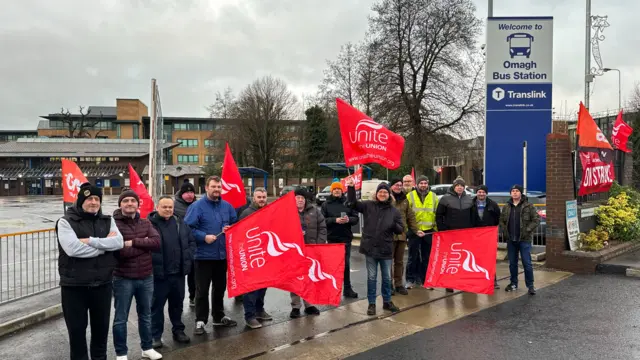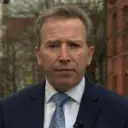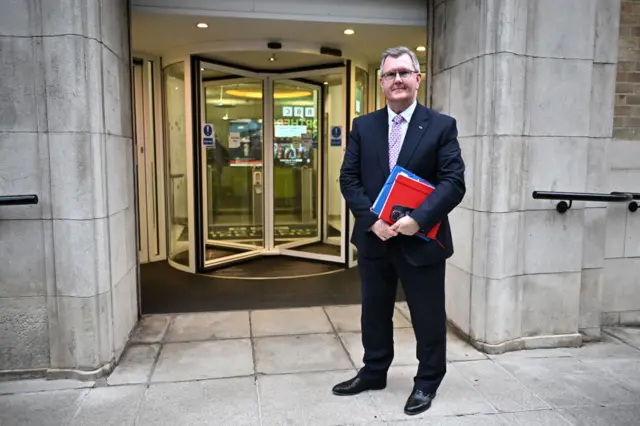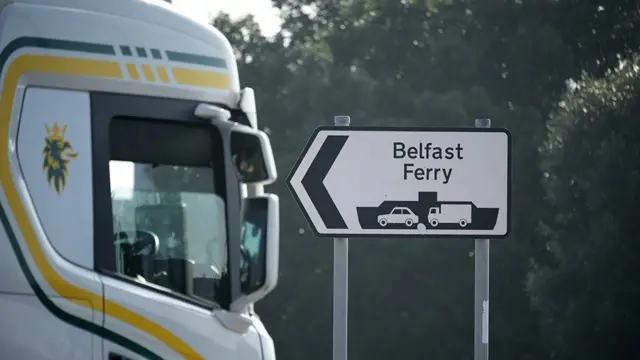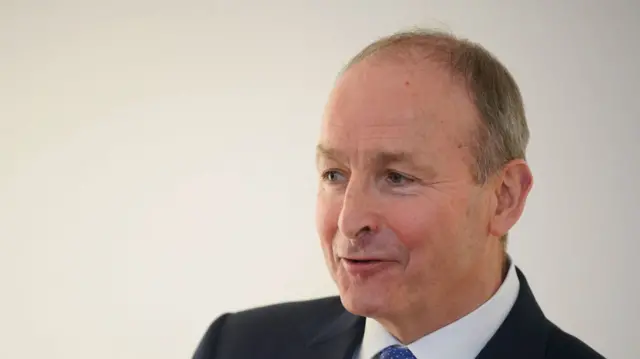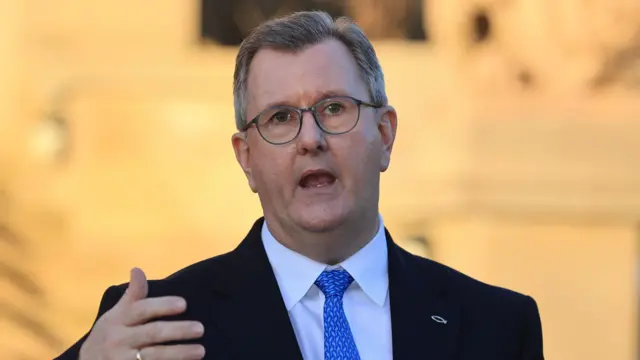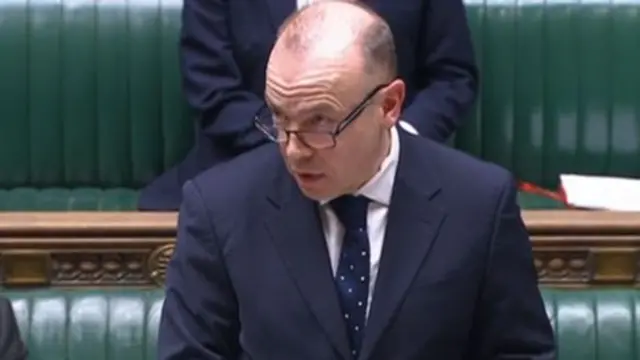What exactly is in the deal?published at 17:28 GMT 31 January 2024
 John Campbell
John Campbell
BBC News NI economics and business editor
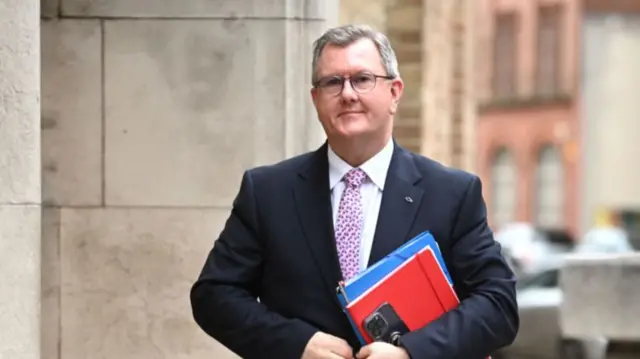 Image source, Getty Images
Image source, Getty ImagesIt is a deal that was kept as a closely-guarded secret between the UK government and leadership of the DUP.
The party had demanded changes to the way Northern Ireland trades with Great Britain to ease its concerns over post-Brexit rules and the Irish Sea border.
Entitled Safeguarding the Union, external, the command paper lays out several new measures aimed at simplifying domestic imports and encouraging trade between GB and NI.
Most significantly, the DUP's deal with the government will reduce checks and paperwork on goods moving from the rest of the UK into Northern Ireland.
The DUP deal includes the establishment of a new body, Intertrade UK, to promote trade within the UK.
